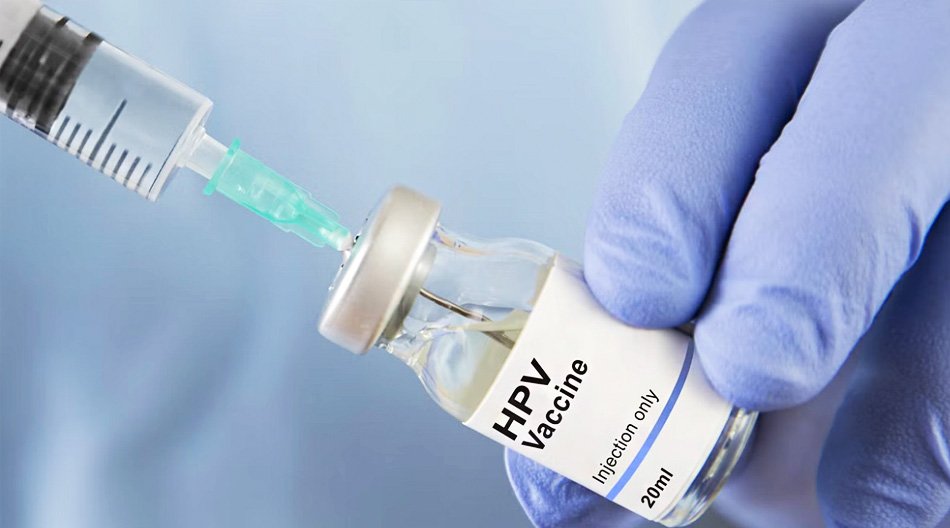What is HPV?
Human Papillomavirus (HPV) is a group of viruses that can infect the skin and mucous membranes of both males and females. HPV is primarily transmitted through sexual contact, including vaginal, anal, and oral sex. There are over 100 known types of HPV, with some types causing no symptoms or harm, while others can lead to genital warts or various cancers.
Importance of HPV Vaccination
- HPV vaccination plays a crucial role in preventing HPV-related diseases, including cervical, vaginal, vulvar, anal, and oropharyngeal cancers.
- Vaccination can significantly reduce the risk of developing these cancers by targeting the most common high-risk HPV types.
- HPV vaccination is most effective when administered before exposure to HPV through sexual activity.
Who Should Get HPV Vaccination?
- Routine HPV vaccination is recommended for both males and females between the ages of 11 and 12.
- Vaccination is also recommended for individuals who did not receive the vaccine at the recommended age.
- HPV vaccination can be given as early as 9 years old and up to the age of 26 for females and 21 for males.
Effectiveness and Duration of HPV Vaccination
- HPV vaccines have been shown to be highly effective in preventing HPV infections and related diseases.
- The vaccines target the most common high-risk HPV types responsible for the majority of HPV-related cancers.
- Studies have demonstrated high vaccine efficacy in preventing HPV infections, genital warts, and cervical precancerous lesions.
- Long-term follow-up studies suggest that the protection provided by HPV vaccination lasts for at least 10 years and likely longer.
- The duration of protection may vary among individuals, and ongoing research is being conducted to assess the long-term effectiveness of the vaccines.
